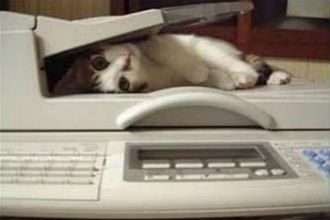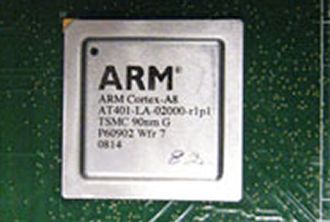 Good Technology’s VP and GM Huw Owen has been snapped up and appointed to VP sales and marketing for EMEA at Symantec.
Good Technology’s VP and GM Huw Owen has been snapped up and appointed to VP sales and marketing for EMEA at Symantec.
Previously overseeing Good’s channel growth in Europe and introducing the firm to the Nordics, Benelux and the Middle East, Symantec has snapped him up to win and retain customers as well as growing in all regions across EMEA.
Owen has been named twice in Global Telecoms Business’ Top 40 Under 40 for telecoms, globally, and has been quoted regularly offering comment on mobility.
Before his time at Good, Owen was executive director at Lenovo’s EMEA team, where he helped in servicing and sales in EMEA and globally. He has also held positions at Veritas and Fujitsu, and served as senior director of EMEA northern region services at Symantec.
Commenting on his return to Symantec, Owen said the opportunities at Symantec are “huge”.
“The EMEA region is a key area of focus for Symantec, contributing significantly to the global company revenues,” Owen said.
Matthew Ellard, senior vice president EMEA, Symantec, said: “Huw has an exceptional amount of knowledge in the channel sector which will be of tremendous value”.











